The conflict in Eastern Europe has intensified, drawing significant international attention and prompting a range of responses from global leaders and organizations. The escalation has led to widespread condemnation, economic sanctions, and diplomatic efforts aimed at de-escalation.
In response to the conflict, the United Nations General Assembly passed a resolution condemning the invasion and demanding a full Russian withdrawal. The International Court of Justice ordered Russia to halt military operations, and the Council of Europe expelled Russia. Many countries imposed sanctions on Russia and its ally Belarus and provided large-scale humanitarian and military aid to Ukraine. The Baltic states and Poland declared Russia a terrorist state. Protests occurred around the world, with anti-war protesters in Russia being met by mass arrests and greater media censorship. The Russian attacks on civilians have led to allegations of genocide. War-related disruption to Ukrainian agriculture and shipping contributed to a world food crisis; war-related local environmental damage has been described as ecocide and the war has heavily disrupted global climate policy. (en.wikipedia.org)
The International Criminal Court (ICC) opened an investigation into crimes against humanity, war crimes, abduction of Ukrainian children, and genocide against Ukrainians. The ICC issued arrest warrants for Putin and five other Russian officials. (en.wikipedia.org)
In response to the escalating conflict, the United States and European Union have imposed economic sanctions on Russia, targeting key sectors of the Russian economy. These sanctions aim to pressure Russia into ceasing its military operations and engaging in diplomatic negotiations. Additionally, NATO has increased its military presence in Eastern Europe, deploying troops and conducting joint exercises with member states to demonstrate solidarity and deter further aggression. (atlanticcouncil.org)
Diplomatic efforts have been ongoing, with various international organizations and countries calling for ceasefires and negotiations. The United Nations has held emergency meetings to address the crisis, emphasizing the need for a peaceful resolution and respect for international law. Humanitarian organizations are working to provide aid to those affected by the conflict, focusing on delivering essential supplies and medical assistance to displaced individuals and communities. (observerdiplomat.com)
The situation remains fluid, with ongoing military engagements and diplomatic discussions. The international community continues to monitor the developments closely, advocating for a peaceful resolution to prevent further escalation and mitigate the humanitarian impact of the conflict.

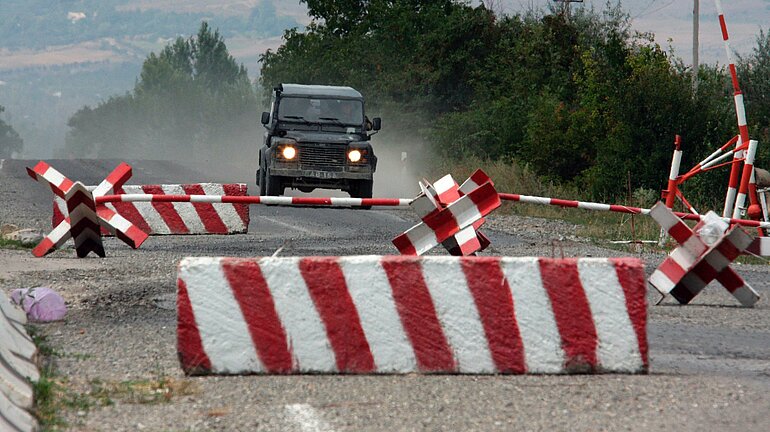
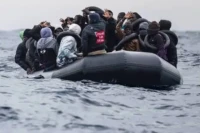

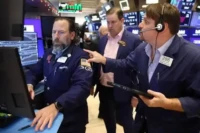

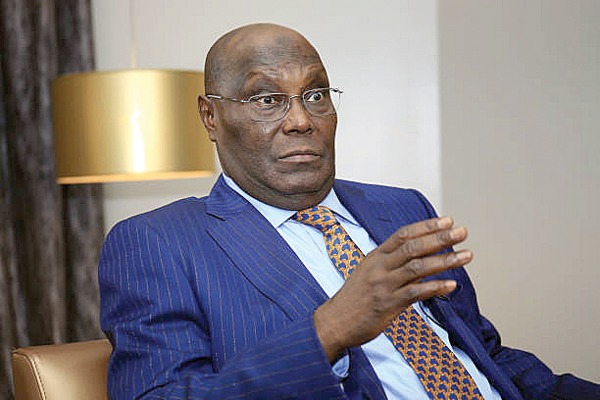

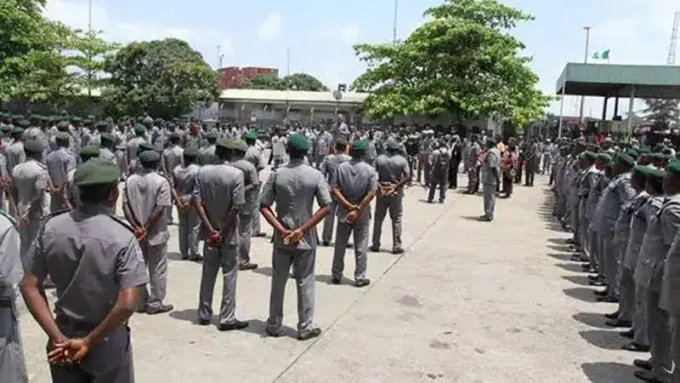
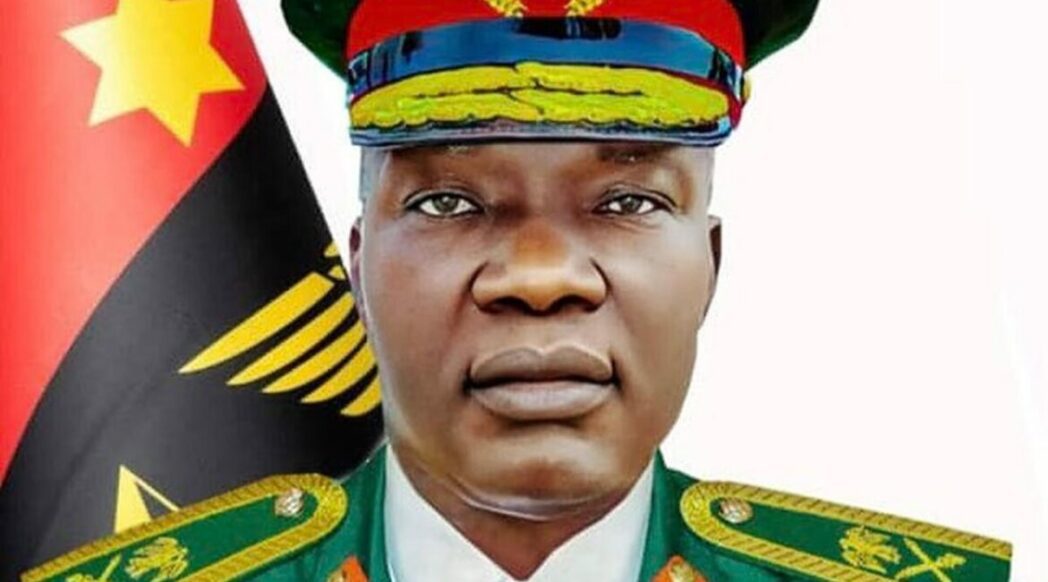
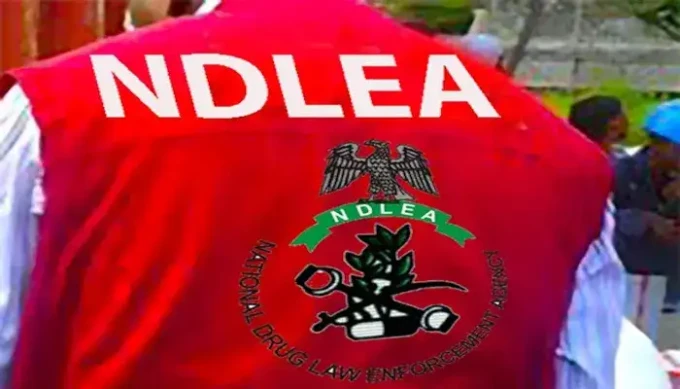
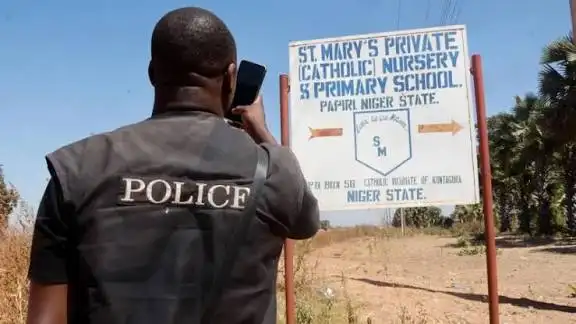
Is military intervention the only solution? What about diplomatic efforts? Lets think outside the box here, folks!
Is military intervention the only solution? Lets consider the long-term consequences of escalating tensions in Eastern Europe.
I think its crucial to consider the long-term consequences of escalating conflicts. Are we just fueling the fire or working towards sustainable peace?
Do you think military intervention is the only solution in Eastern Europe? Or should diplomatic efforts be prioritized instead? Lets discuss!
Is military intervention the only solution here? Maybe we should prioritize diplomatic efforts instead. What do you think?
Do you think diplomatic negotiations are enough to de-escalate tensions? Or is military intervention the only solution? Lets discuss!
Is it just me or does it feel like were playing a never-ending game of diplomatic chess in Eastern Europe? Whats the endgame here?
Isnt it time for a more diplomatic approach rather than escalating tensions further? Lets think outside the box on this one!